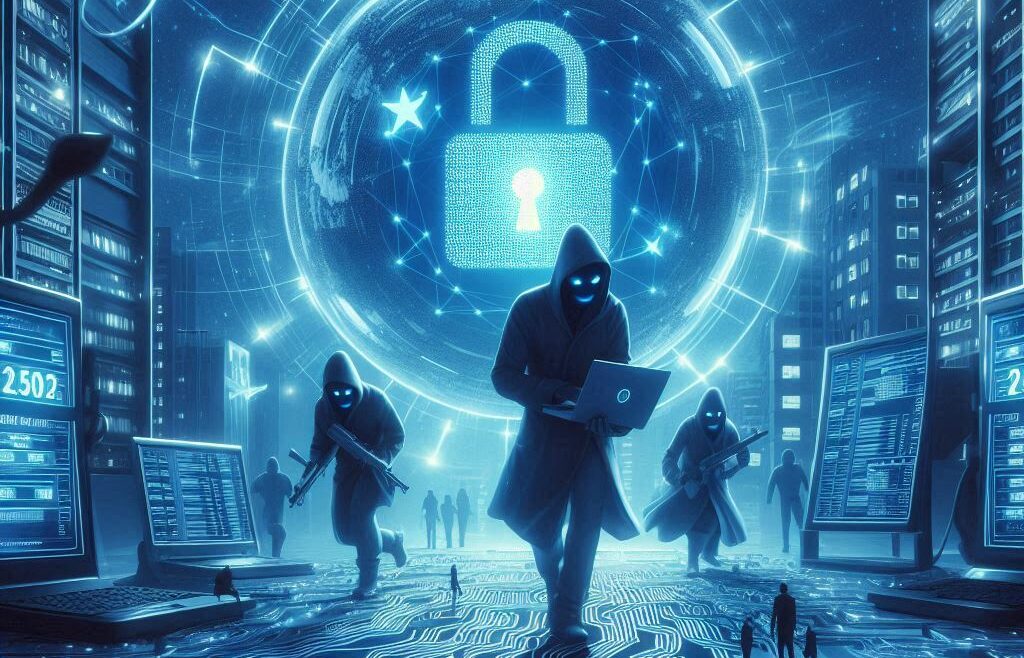AI-Powered Cyber Attacks: Lessons from Star Health’s 2024 Data Breach

In August 2024, Indian health insurer Star Health suffered a significant data breach that exposed sensitive information from over 31 million customers, totaling 7.24 terabytes of medical records, billing details, and identification documents. Hackers reportedly exploited vulnerabilities in Telegram chatbots, underscoring the need for more sophisticated cybersecurity defenses in the insurance industry.
As the threat of cybercrime continues to evolve, the recent breach at Star Health signals a shift towards more advanced hacking techniques, often aided by generative AI. A GlobalData poll revealed that 58.5% of industry insiders believe generative AI applications will fuel an increase in cyberattacks. AI tools can now automate and amplify phishing attacks and develop more sophisticated techniques that traditional security models may not withstand.
Why Conventional Cybersecurity Models Are Failing
The Star Health breach serves as a wake-up call for industries managing vast amounts of sensitive customer data. The integration of AI-powered tools into hacker arsenals has made conventional cybersecurity strategies obsolete. Vulnerabilities like the one exploited through chatbots expose weaknesses in systems relying on outdated security protocols and lack advanced defenses.
For insurers and businesses alike, failing to adopt AI-resistant security measures could lead to catastrophic breaches—just like Star Health’s—resulting in both financial and reputational damage.
How Zerocrat’s Zero-Knowledge Architecture Prevents These Risks
Unlike traditional security models that store sensitive data in centralized locations, Zerocrat’s zero-knowledge architecture ensures that your data remains fully encrypted, even in the event of a breach. Here’s how Zerocrat’s privacy-first approach could have protected Star Health’s data:
- End-to-End Encryption: Zerocrat encrypts sensitive information at every stage—from storage to transmission—ensuring that even if hackers access the data, it remains completely unreadable without the proper decryption keys, which are known only to the user.
- Minimal Attack Surface: By avoiding unnecessary integrations, like vulnerable chatbots or AI-driven tools, Zerocrat minimizes exposure points for cybercriminals, significantly reducing the risk of a breach.
- Zero-Knowledge Data Handling: With Zerocrat, sensitive data is encrypted in a way that even the service provider (Zerocrat) cannot access or view it. This zero-knowledge architecture creates an additional layer of security that ensures your business data is protected from both internal and external threats.
Adaptive Security for a Growing Threat Landscape
As generative AI evolves and the risk of sophisticated cyberattacks increases, industries handling sensitive customer information—especially insurers—must prioritize adaptive security measures that evolve with the threat landscape. Relying on outdated, reactive security models is no longer viable.
With Zerocrat, businesses can confidently safeguard their data, even in the face of emerging cyber threats. Our privacy-focused accounting suite is built on cutting-edge encryption technology designed to stay ahead of evolving risks like the ones that impacted Star Health.
Don’t wait for the next breach. Secure your data with Zerocrat’s zero-knowledge encryption and advanced cybersecurity measures, ensuring that your sensitive information stays out of the hands of hackers—forever.
